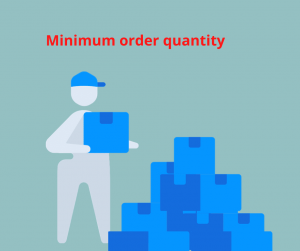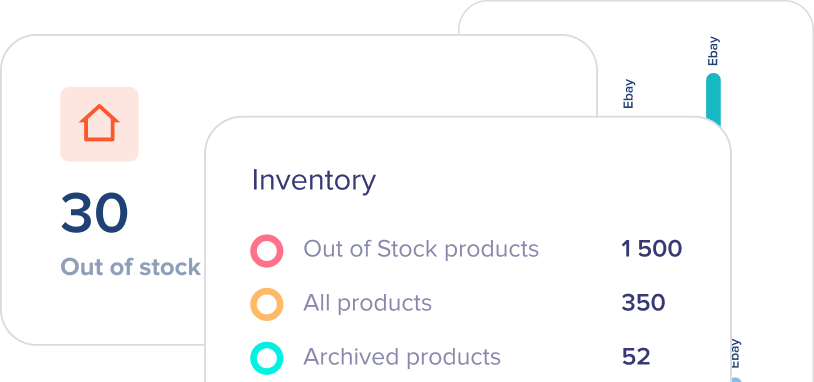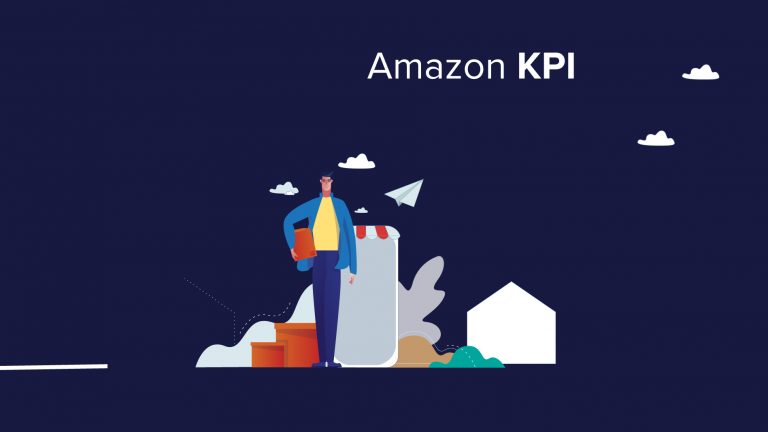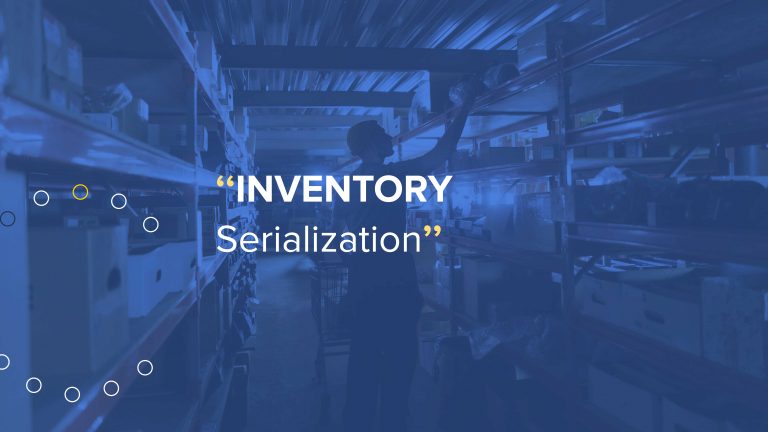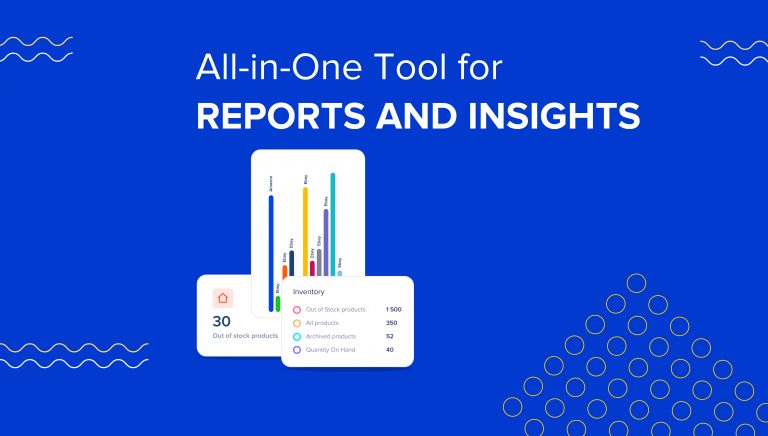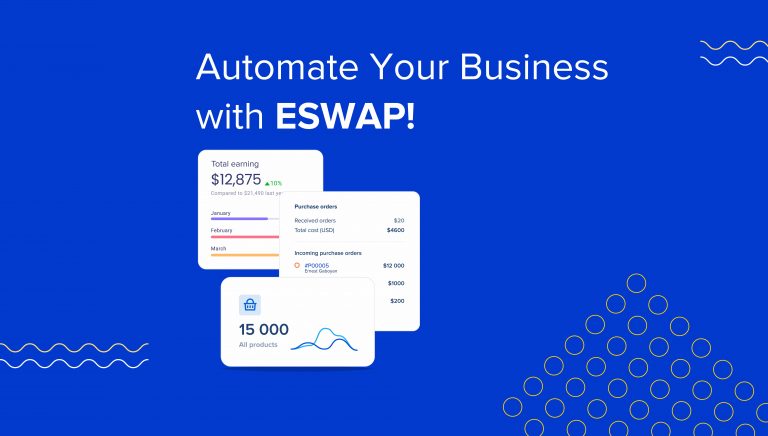What does MOQ stand for?
MOQ stands for Minimum Order Quantity- the lowest quantity of a product that a factory can produce or the supplier can provide at a time.
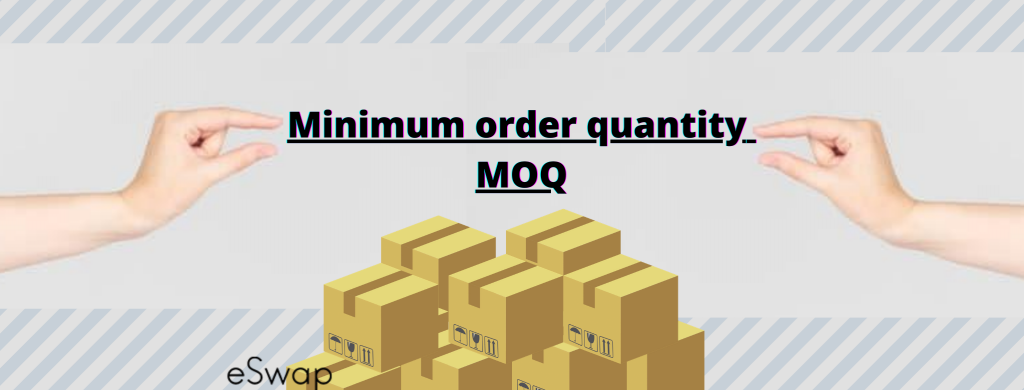
Evaluating the Minimum Order Quantity is essential for strong stock management. It helps you plan how much inventory you need precisely, thus saving up more financial resources and storage space. MOQs are established by suppliers to cover their cost of production and ensure that they make a profit off of each production run. MOQs also help suppliers decide which retailers they can do business with.
Depending on the product cost/value MOQ differs:
- High-Value Product– The long process of production & LOW MOQ – (Supplier makes profit EVEN by selling small quantities)
- Low-Value Product– Short process of production and cost & HIGH MOQ ( Demands more quantity of a product to be sold and more of the product to be bought by different Retailers)
In the first case, your suppliers can make a profit even by selling less product.
In the second case, they are counting on numbers to make a profit and therefore need you to buy more as well.
Why Do Suppliers Use MOQs?
The reason why suppliers set MOQs is that the quantity they offer may, in fact, be the lowest number of units that can be produced in a single production run.
Manufacturers produce items in bulk, so they purchase their materials in bulk as well. It may not be time or cost-effective for them to use their materials and run their machinery unless they are ensured to be compensated for a certain number of units their production run produces. Because of this, they want their MOQ to match what it’s worth for them to set up a production run both time and cost-wise.
It is really important to get the right MOQ from your suppliers. Otherwise, your business will be heavily dependent on large stocks in the early stages of your business. Many small entrepreneurs think like this: get the lowest MOQ at the lowest price. But this is absolutely wrong!
As a retailer, you should do your best to achieve a balance between price, quality, and quantity.
MOQ may vary according to the type of product. The more you customize a product, the higher the MOQ is.
Suppliers that produce custom orders may even have MOQs as low as 1 unit (e.g., custom cars, designer dresses).
These are relative MOQ standards worldwide:
- Small manufacturers — $1000-$2000
- Medium and large manufacturers — $3000-$5000 Alibaba and other B2B Chinese Shopping site suppliers — $500-$2000 Canton fair — $2000-$5000
- Wholesale market — $100-$200 (for existing models); $2000 (individual order) Dhgate, Aliexpress — tens of dollars
Tips and tricks to make the best MOQs
- In the case when the Retailer is not able to store a lot of inventory at once, pay for the MOQ in advance or just find it unnecessary to buy a huge amount of inventory, could choose to ask the Supplier to supply the inventory in batches over a few months. This will work if the Supplier considers the Retailer as a future possible customer.
- Find a replacement for a less expensive alternative. Consider the fact that it can affect the quality of the goods being produced.
- In case the Retailers have budget constraints, it is advised to go the way of crowdfunding and selling pre-orders. Crowdfunding gives the chance to acquire funds for the future purchase of the product and meet the requirements of the Supplier’s MOQ without worrying about the money spent from your own pocket. As a Supplier, it is important to understand whether your customers are willing to wait for a relatively long period of time for their products to arrive.
- Ask your vendors for credit and pay them back as you sell your products. This should be agreed with the Vendors in terms of a set repayment schedule.
Finally, if suppliers don’t meet your MOQ requirements, find a supplier’s MOQ which you are able to meet.
Yes, it’s that simple! It is just a matter of finding those suppliers. Do careful research and go into the depths of Google and supplier directories to find suppliers. Depending on the product you are looking for, another option may be to source wholesale products that you can purchase separately. Thus you don’t have any MOQs to meet.
It’s important to keep in mind that MOQs is just one of the many considerations that you have to make. Factoring in your rate of inventory turnover and reorder point is also just as crucial to help you manage your inventory smoothly.
